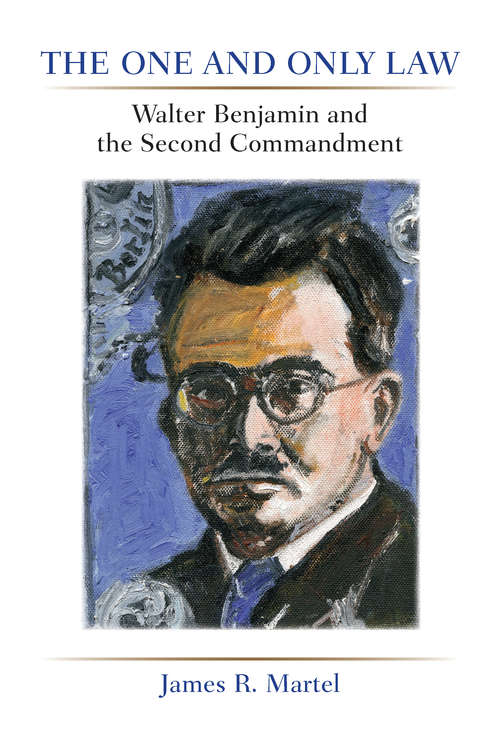One And Only Law: Walter Benjamin And The Second Commandment
By:
Sign Up Now!
Already a Member? Log In
You must be logged into Bookshare to access this title.
Learn about membership options,
or view our freely available titles.
- Synopsis
- Walter Benjamin's "Critique of Violence," widely considered his final word on law, proposes that all manifestations of law are false stand-ins for divine principles of truth and justice that are no longer available to human beings. However, he also suggests that we must have law--we are held under a divine sanction that does not allow us to escape our responsibilities. James R. Martel argues that this paradox is resolved by considering that, for Benjamin, there is only one law that we must obey absolutely--the Second Commandment against idolatry. What remains of law when its false bases of authority are undermined would be a form of legal and political anarchism, quite unlike the current system of law based on consistency and precedent. Martel engages with the ideas of key authors including Alain Badiou, Immanuel Kant, and H. L. A. Hart in order to revisit common contemporary assumptions about law. He reveals how, when treated in constellation with these authors, Benjamin offers a way for human beings to become responsible for their own law, thereby avoiding the false appearance of a secular legal practice that remains bound by occult theologies and fetishisms.
- Copyright:
- 2014
Book Details
- Book Quality:
- Publisher Quality
- ISBN-13:
- 9780472120505
- Publisher:
- University of Michigan Press
- Date of Addition:
- 03/26/16
- Copyrighted By:
- the University of Michigan
- Adult content:
- No
- Language:
- English
- Has Image Descriptions:
- No
- Categories:
- Nonfiction, Biographies and Memoirs, Literature and Fiction, Religion and Spirituality, Language Arts, Law, Legal Issues and Ethics, Philosophy
- Submitted By:
- Bookshare Staff
- Usage Restrictions:
- This is a copyrighted book.
Reviews
Other Books
- by James Martel
- in Nonfiction
- in Biographies and Memoirs
- in Literature and Fiction
- in Religion and Spirituality
- in Language Arts
- in Law, Legal Issues and Ethics
- in Philosophy
